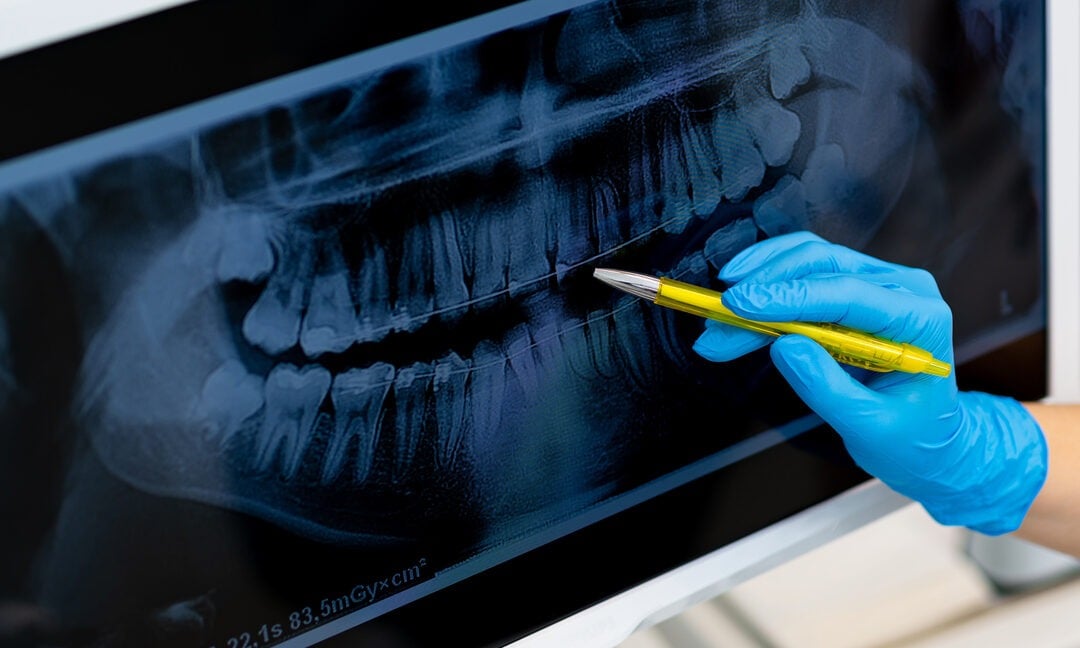Experience Comprehensive Dental Care with a Relied On Eugene Dentist
Experience Comprehensive Dental Care with a Relied On Eugene Dentist
Blog Article
A Guide to Usual Dental Problems That Require a Dental practitioner's Treatment
Toothaches, for instance, can be symptomatic of extreme issues such as tooth cavities, split teeth, or abscesses, each calling for certain interventions like dental fillings or root canals. Impacted wisdom teeth and jaw problems can present considerable discomfort and difficulties.
Toothaches
Toothaches are a typical oral condition that can range from moderate discomfort to severe discomfort, frequently indicating a hidden concern that requires professional focus. This discomfort can come from a selection of sources, consisting of tooth decays, split or fractured teeth, and oral abscesses. Each of these problems presents considerable threats if left unattended, potentially resulting in extra extreme problems.
Dental dental caries, additionally known as cavities, are triggered by the buildup of plaque that deteriorates tooth enamel, leading to openings or pits in the affected teeth. Cracked or fractured teeth, on the other hand, may result from injury, grinding, or attacking right into difficult items. These structural damages can reveal the delicate internal layers of the tooth, causing sharp pain and increasing the danger of infection. Abscesses are painful infections at the root of a tooth or between the gum tissue and a tooth, normally resulting from extreme decay or neglected cavities.
Effective therapy of toothaches entails addressing the source. This might include fillings for dental caries, crowns for fractured teeth, or origin canals and anti-biotics for abscesses. Early intervention by a dental specialist can avoid more wear and tear and reduce pain, ensuring optimum dental health and wellness.
Periodontal Illness

The primary reason of gum condition is microbial plaque, a sticky, colorless film that frequently bases on teeth. Poor dental hygiene, cigarette smoking, genetic tendency, and certain clinical problems, such as diabetic issues, can intensify the threat of creating gum tissue disease. Regular dental exams are critical for early discovery and monitoring of this condition.
Treatment for periodontal disease ranges from specialist dental cleaning and scaling to more sophisticated treatments like root planing and periodontal surgery, depending on the seriousness. Maintaining good dental hygiene methods, including cleaning two times daily, flossing, and using a disinfectant mouth wash, can dramatically decrease the threat of gum condition and advertise much healthier periodontals.
Tooth Cavities
Tooth cavities, likewise known as cavities, are a typical oral condition characterized by the devastation of tooth enamel due to acid-producing germs in the mouth. These microorganisms prosper on sugars and starches from food and beverages, generating acids that gradually deteriorate the enamel, resulting in tooth cavity development.
Early-stage dental caries may not show signs, yet as they progress, they can cause toothache, level of sensitivity to cold or hot, visible holes or pits in the teeth, and staining. If left untreated, cavities can permeate deeper layers of the tooth, potentially leading to extreme discomfort, infection, and also missing teeth.
Preventing tooth cavities includes a mix of excellent dental health techniques and nutritional habits. Regular brushing with fluoride toothpaste, flossing, and regular oral exams are important. anonymous Dental professionals may also recommend additional preventive measures, such as fluoride therapies and oral sealers, to secure teeth from degeneration.
Treatment for tooth cavities depends on their seriousness. Minor dental caries can be resolved with oral fillings, which bring back the tooth's structure. Advanced instances might require crowns and even origin canal therapy if the decay has actually reached the tooth's pulp. Timely intervention by a dental expert is crucial to protect against difficulties and preserve overall dental health and wellness.
Impacted Wisdom Teeth
Influenced knowledge teeth are a common oral problem that happens when the third molars, frequently described as knowledge teeth, stop working to fully arise or align appropriately within the mouth. This condition usually results from not enough space in the jaw or an abnormal development angle of the teeth. Impacted wisdom teeth can bring about a range of difficulties, including pain, damages, and infection to nearby teeth.
When knowledge teeth become affected, they are typically partly erupted or continue to be entirely underneath the gum line. This partial eruption can develop a path for microorganisms to enter the periodontals, bring about infections you could try these out that manifest as swelling, discomfort, and even fever (dentist eugene oregon). Furthermore, influenced wisdom teeth can put in stress on bordering teeth, potentially causing crowding or moving
A thorough oral evaluation, normally involving X-rays, is vital for identifying influenced knowledge teeth. Therapy often involves surgical extraction, done by a dental doctor. The procedure aims to reduce pain and stop additional issues, such as cysts or damages to bordering bone structures. Post-operative care is important to make sure appropriate recovery and decrease the threat of infection. Routine dental exams are suggested to check the problem and keep dental wellness.
Jaw Disorders
Conclusion

Dental dental caries, also understood as decays, are caused by the accumulation of plaque that deteriorates tooth enamel, leading to openings or pits in the affected teeth. Abscesses are excruciating infections at the root of a tooth or in between a tooth and the periodontal, normally resulting from extreme decay or without treatment cavities.
Affected knowledge teeth are a common oral issue that happens when the 3rd molars, generally referred to as knowledge teeth, fail to fully emerge or line up appropriately within the mouth. Affected knowledge teeth can lead to a selection of complications, including discomfort, damage, and infection to adjacent teeth.
Furthermore, influenced knowledge teeth can put in stress on surrounding teeth, potentially triggering crowding or moving.
Report this page